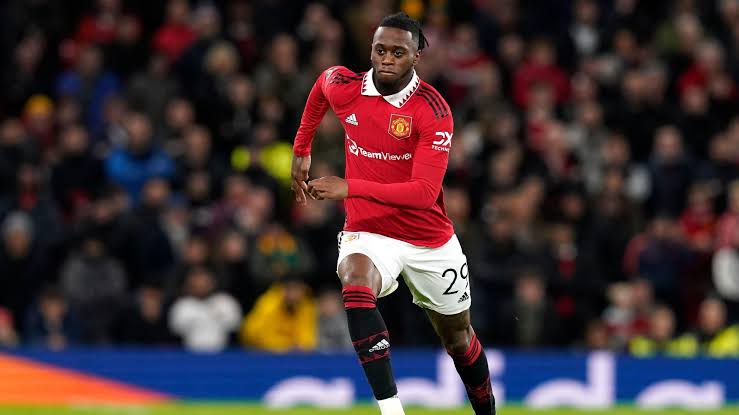Rio Ferdinand slams Manchester United’s £16m sale decision
Former United stalwart questions club’s judgement
In a sharp critique of his former club, Manchester United legend Rio Ferdinand has condemned the Red Devils for allowing the sale of Danny Welbeck in 2014 for approximately £16 million — calling the decision “an absolute balls-up”.
What was said
Ferdinand, speaking on his “Rio Ferdinand Presents” podcast, didn’t mince words:
> “I think he should’ve stayed at Manchester United … I think it was an absolute balls-up that they actually let him leave the football club.”
“He’s a class act on and off the pitch, a great guy.”
He emphasised how Welbeck, as a Manchester‐born player who came through the United system, possessed the right attitude, character and connection with the club’s culture:
> “A Manchester boy, loves the club, a great kid, never a day’s trouble for anybody… what are you selling him for?”
Why Ferdinand believes it was a mistake
Welbeck was not just a promising academy product: United fans and past players saw in him someone who “understood what it meant to be a United player”.
Ferdinand argues that – even if Welbeck’s finishing wasn’t elite – his work-rate, team play and attitude made him a valuable asset.
The sale, according to Ferdinand, reflects a deeper problem: letting go of players who understand the culture, the club DNA, and could help bridge eras.
Context: the sale and aftermath
Welbeck left United in August 2014 to join Arsenal for around £16m.
Since then, Ferdinand has repeatedly pointed out that United have sold several home-grown or long-serving players without always properly replacing the cultural or strategic value they brought.
Implications for Manchester United
Ferdinand’s criticism underlines the risk clubs take when they sell players not just for market value, but without fully accounting for what they lose off the field (leadership, continuity, club identity).
For United, still searching to restore consistency and competitiveness after the post-Ferguson era, such mistakes cost more than transfer fees — they weaken the fabric of the team.
The debate also raises questions for other clubs: when is a sale really beneficial, and when does it undermine long-term philosophy and stability?
Verdict
What Ferdinand is saying is clear: this wasn’t just a player sale — for him it was a mis-judgement of value. He believes Welbeck should have stayed, for both locker-room and pitch impact. Whether United agree remains to be seen, but the message is loud: the club must consider more than price tags — they must value culture, continuity and potential.
Would you like me to check how Welbeck performed after leaving United, and whether Ferdinand’s view has been borne out by his subsequent career?




